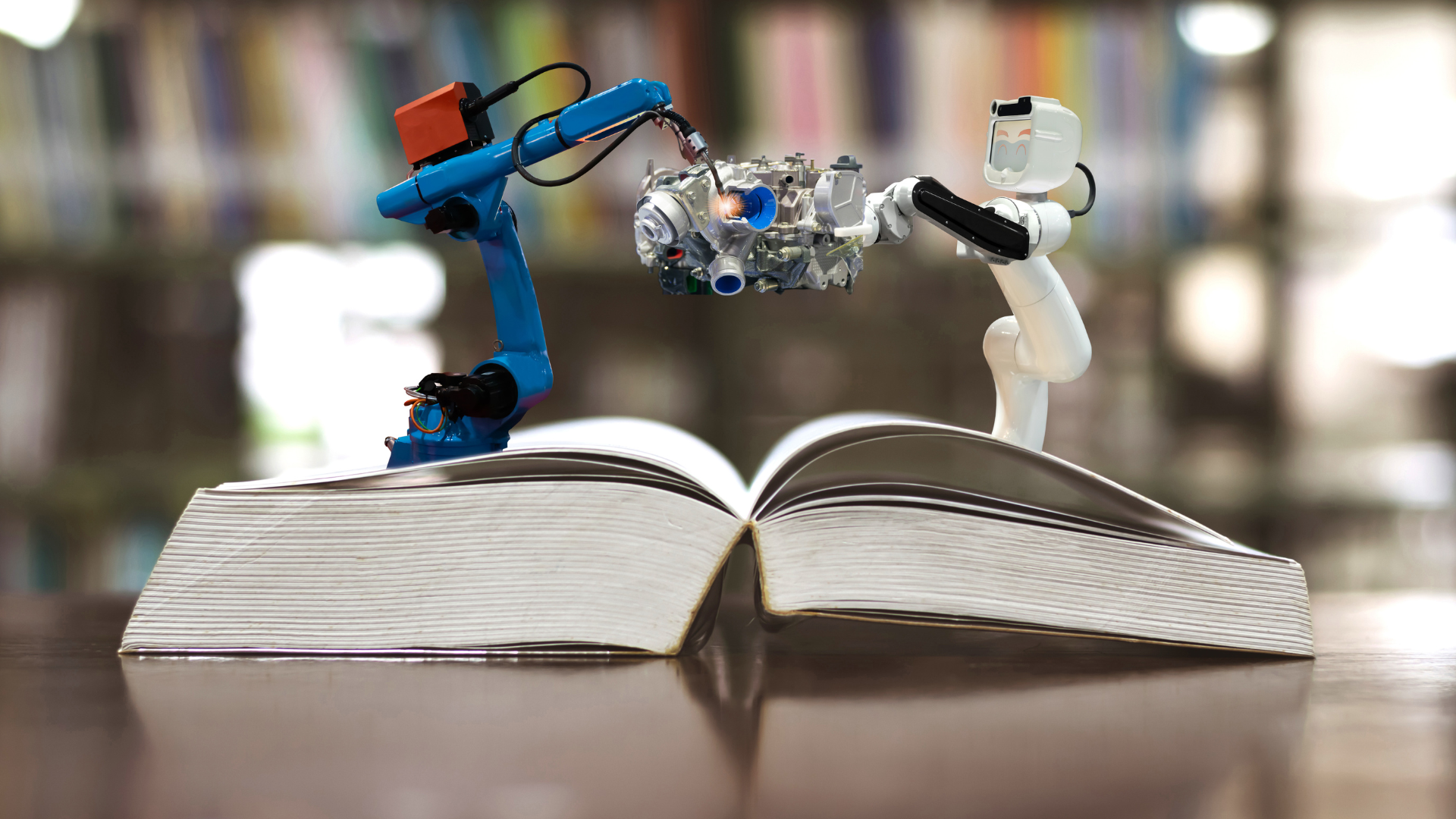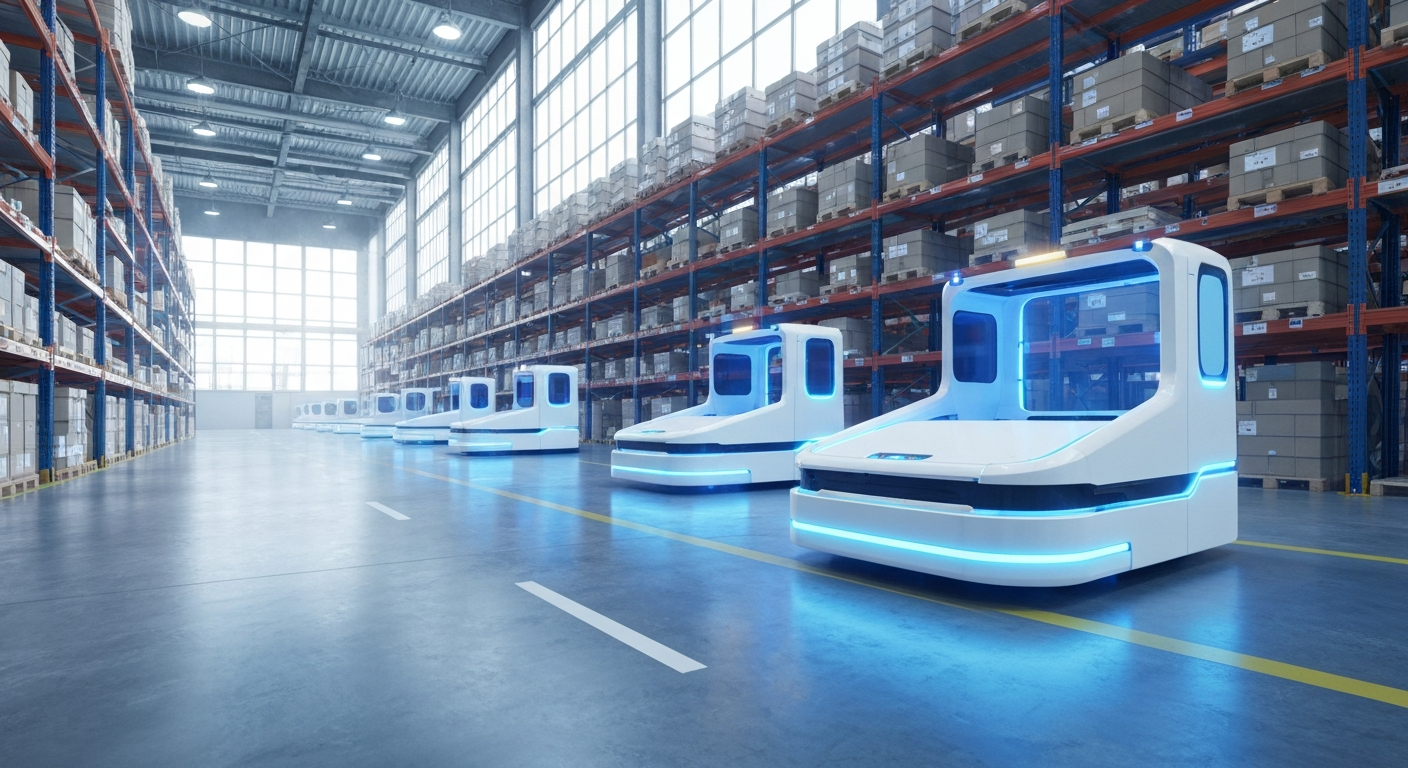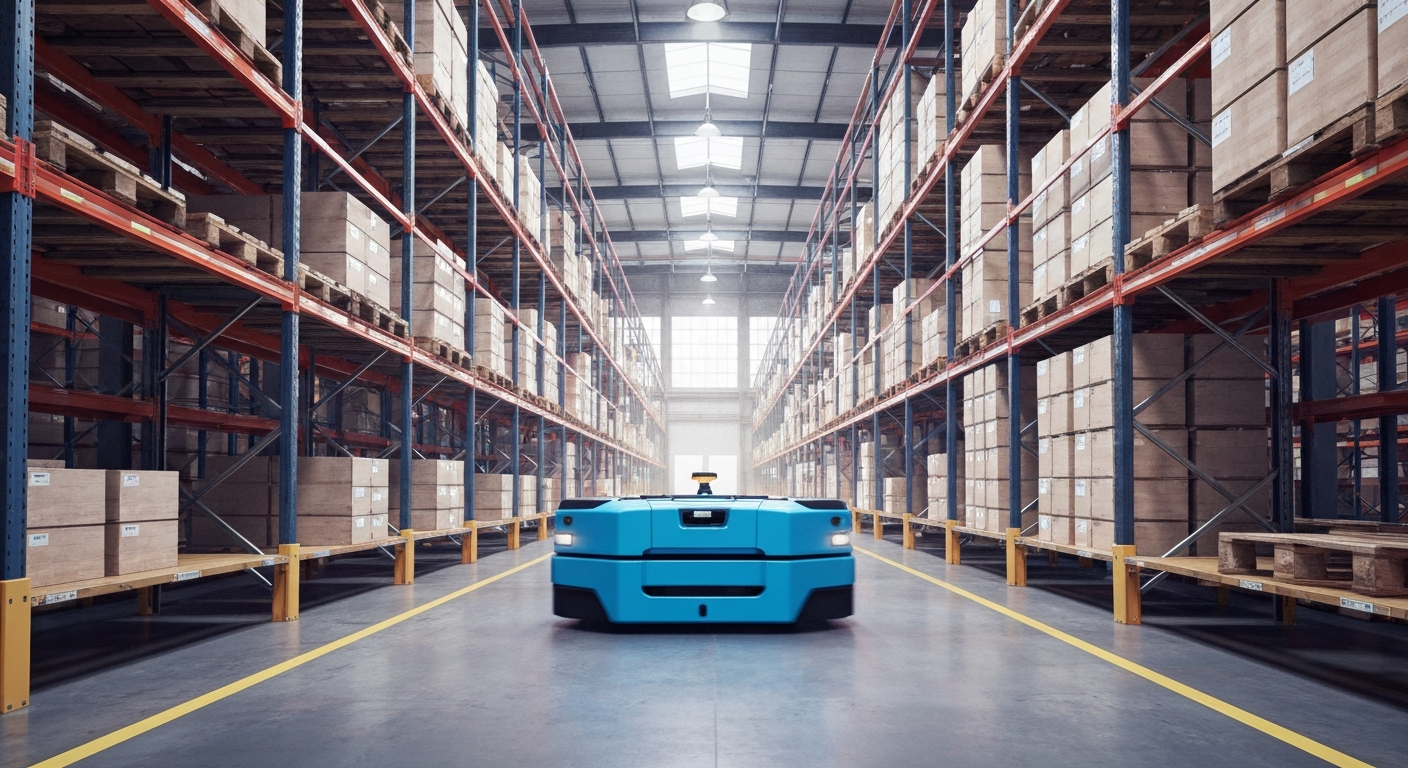Industry 4.0 Books
If you are seeking to enhance your knowledge and gain a deeper understanding of the revolutionary concept of Industry 4.0 and its wide-ranging implications, you will be pleased to know that there is an abundance of highly informative books available that can provide valuable insights into this transformative phenomenon. These books delve into various aspects of
Industry 4.0, exploring its impact on technology, manufacturing processes, supply chains, and the overall global economy. By exploring these publications, you can broaden your understanding of this concept and stay ahead in an ever-evolving business landscape. Here are some book suggestions that delve into the topic of Industry 4.0:
1. "The Fourth Industrial Revolution" by Klaus Schwab: This book explores the impact of emerging technologies on various industries and discusses how they are reshaping our society and economy.
2. "Industry 4.0: The Industrial Internet of Things" by Alasdair Gilchrist: This book provides an in-depth analysis of the Industrial Internet of Things (IIoT) and its role in driving the fourth industrial revolution.
3. "The Future Is Faster Than You Think" by Peter H. Diamandis and Steven Kotler: While not solely focused on Industry 4.0, this book explores how exponential technologies, including AI, robotics, and IoT, are shaping our future.
4. "Industry X.0: Realizing Digital Value in Industrial Sectors" by Eric Schaeffer and David Sovie: This book offers practical insights into how traditional industries can embrace digital transformation to thrive in the era of Industry 4.0.
5. "The Rise of the Robots: Technology and the Threat of a Jobless Future" by Martin Ford: While more focused on automation's impact on employment, this thought-provoking book touches upon key aspects related to Industry 4.0.
These books offer a comprehensive array of perspectives on the revolutionary concept of Industry 4.0. They delve deep into its technological underpinnings, shedding light on the intricate workings and advancements that have made it possible. Moreover, these literary gems go beyond mere technicalities and also tackle the broader societal implications of Industry 4.0, highlighting how it is reshaping industries, economies, and even our everyday lives. Additionally, these insightful readings fearlessly confront the potential challenges that lie ahead in this era of rapid digital transformation, providing readers with a holistic understanding of both the promises and pitfalls associated with Industry 4.0.
What Does Industry 4.0 Mean
Industry 4.0, also known as the Fourth Industrial Revolution, is a term used to describe the integration of cutting-edge technologies into various industries. These advanced technologies include Artificial Intelligence (AI), Internet of Things (IoT), big data analytics, robotics, and automation. The goal of Industry 4.0 is to create "smart factories" where machines and systems can communicate with each other and make autonomous decisions based on real-time data. This integration allows for increased efficiency, productivity, and flexibility in manufacturing processes, ultimately leading to improved quality of products and services. Additionally, Industry 4.0 enables predictive maintenance, optimized supply chains, and personalized customer experiences through the use of data-driven insights. It is revolutionizing traditional industries by transforming them into connected ecosystems that are capable of adapting to changing market demands and leveraging technological advancements for sustainable growth. Industry 4.0, also known as the fourth industrial revolution, is a transformative concept that encompasses various cutting-edge technologies to revolutionize traditional manufacturing and production processes. This includes the utilization of automation, artificial intelligence (AI), Internet of Things (IoT), big data analytics, and other emerging technologies.
By leveraging these advancements, businesses are able to optimize their operations, enhance productivity and efficiency, reduce costs, and gain a competitive edge in today's fast-paced global market. The convergence of these technologies allows for seamless integration and communication between machines and systems, enabling real-time data analysis and decision-making capabilities that were previously unimaginable. As a result of the advancements brought by the Industry 4.0 revolution, manufacturers are now able to attain exceptional levels of flexibility, customization, sustainability, and overall performance in their operations. The integration of cutting-edge technologies enables them to optimize their processes and adapt quickly to changing market demands. Moreover, this transformative era promotes a culture of innovation that drives continuous improvement and allows manufacturers to stay ahead of competitors by introducing groundbreaking solutions at an unprecedented pace.
What does Industry 4.0 Mean in Supply Chain?
What Are the 4 Types of Industry?
In the era of Industry 4.0, there are four distinct types of industries that are commonly associated with this transformative revolution. Firstly, we have the primary industry, which encompasses the vital processes of extracting and producing raw materials. This includes activities such as mining, farming, and forestry. Moving on, we have the secondary industry, also known as manufacturing. This sector involves transforming raw materials into finished products through various processes such as assembly lines and production facilities. It is responsible for creating goods that cater to consumer needs and demands. Next up is the tertiary industry, often referred to as services. This sector primarily focuses on providing intangible services to consumers or businesses. It encompasses a wide range of fields including hospitality, finance, healthcare, education, transportation, and many more. Lastly, we have the quaternary industry which represents knowledge-based activities. This increasingly important sector involves intellectual services such as research and development (R&D), information technology (IT), consultancy services, innovation-driven activities and other high-level cognitive tasks that contribute to economic growth. Having a clear understanding of the four key industries associated with Industry 4.0 is paramount in recognizing the significant role they play in driving economic progress.
By harnessing advanced technologies and automation, these sectors are able to optimize their operations and make substantial contributions to overall growth. The first industry is manufacturing, where advanced robotics and Internet of Things (IoT) devices are revolutionizing production processes. These technologies enable factories to operate more efficiently, reduce costs, and enhance product quality. The second industry is healthcare, where innovative solutions such as telemedicine, electronic health records, and wearable devices are transforming the way medical professionals deliver care. These advancements improve patient outcomes, increase accessibility to healthcare services, and streamline administrative tasks. The third industry is transportation and logistics. With the rise of autonomous vehicles, drones for delivery purposes, and smart supply chain management systems, this sector is experiencing unprecedented efficiency gains.
These technologies not only improve transportation safety but also reduce fuel consumption and optimize route planning. Lastly, we have energy and utilities. Through the integration of renewable energy sources like solar panels and wind turbines with smart grid systems, this sector can achieve greater sustainability while ensuring reliable power supply. Additionally, data analytics tools help monitor energy usage patterns for efficient distribution. By comprehending the impact of these industries within Industry 4.0 framework on our economy's progress trajectory, we can fully appreciate how they leverage advanced technologies and automation to bring about meaningful change in their respective domains.






